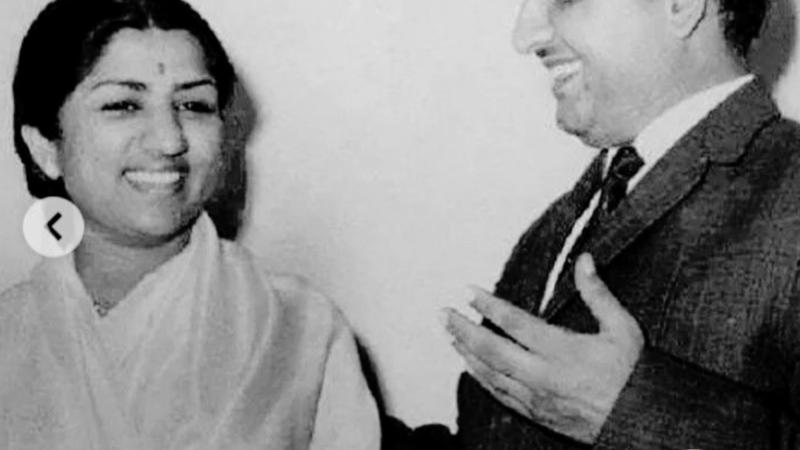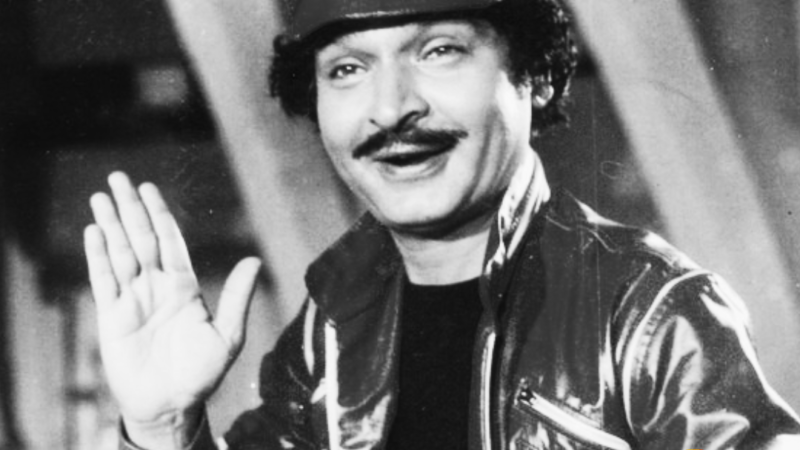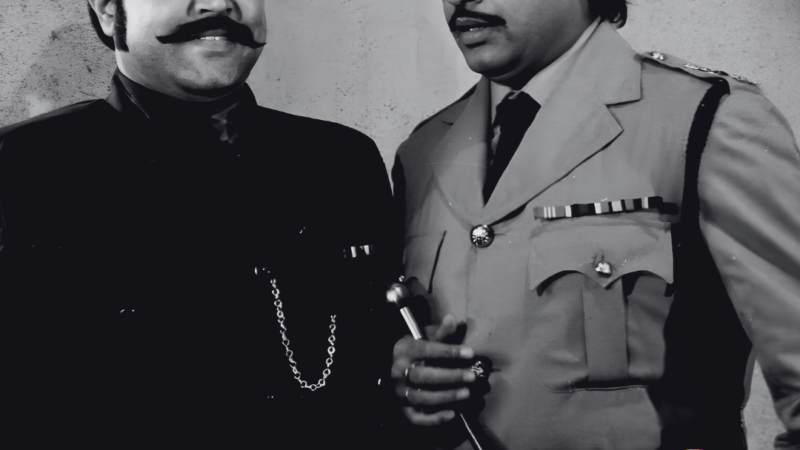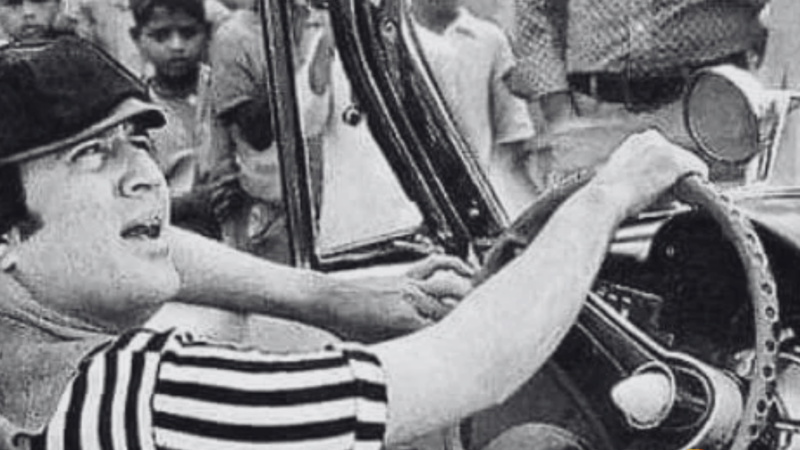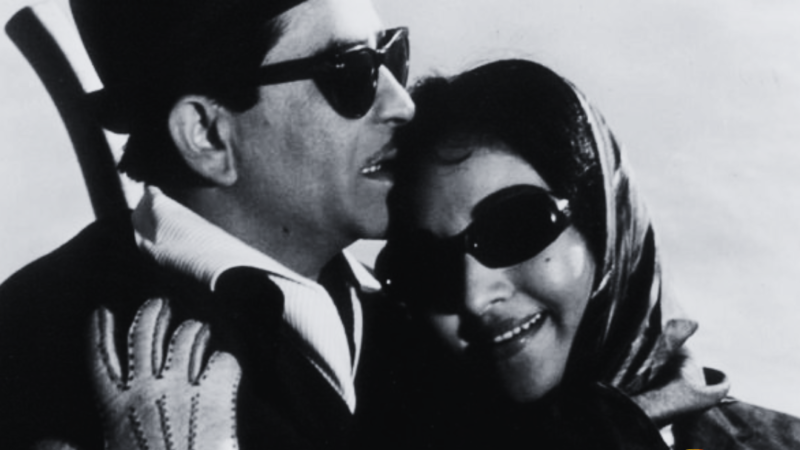Celebrating Republic Day: The Contribution of Indian Cinema

The Republic Day of India, celebrated on January 26th, is a national holiday that marks the adoption of the Constitution of India and the transition of India from a British colony to a republic. It is a day of great pride and patriotism for all Indians and it is celebrated with parades, cultural programs, and patriotic fervor.
One of the ways in which India’s rich cultural heritage is showcased on this day is through the Indian cinema. Indian cinema has played a pioneering role in promoting the country’s culture, history, and values on a global scale.
Contribution of Hindi Cinema
One of the first Indian films to portray the country’s struggle for independence was “Shaheed” (1948), which depicted the life of Bhagat Singh, one of the most prominent leaders of the Indian independence movement.
Another film that has had a significant impact on the portrayal of India’s freedom struggle is “Mother India” (1957), which tells the story of a poor farmer and her struggles during the colonial period. The film was India’s first official entry for the Academy Awards and it established Indian cinema’s reputation for producing socially conscious and meaningful cinema.
In recent years, Indian cinema has continued to promote the country’s culture and values through patriotic films such as “Uri: The Surgical Strike” (2019), which depicted the Indian army’s heroic actions during the 2016 surgical strikes.
In addition, Indian cinema has also played a role in showcasing the diversity of the country, with films depicting the lives and struggles of various communities and minorities. This not only promotes inclusivity but also helps in building a sense of national unity and pride.
In conclusion, Indian cinema has played a pivotal role in promoting the country’s culture, history, and values. As we celebrate the Republic Day of India, let’s remember the contributions of Indian cinema in shaping the nation’s identity and in fostering a sense of national pride among Indians.

